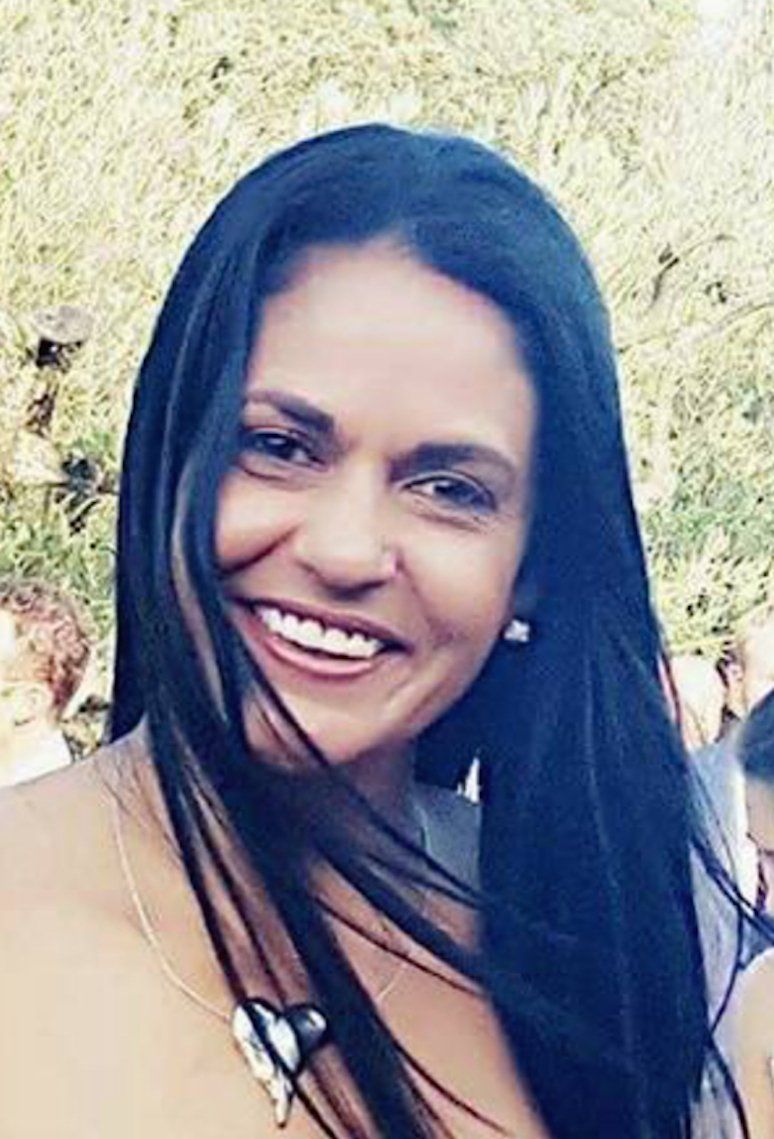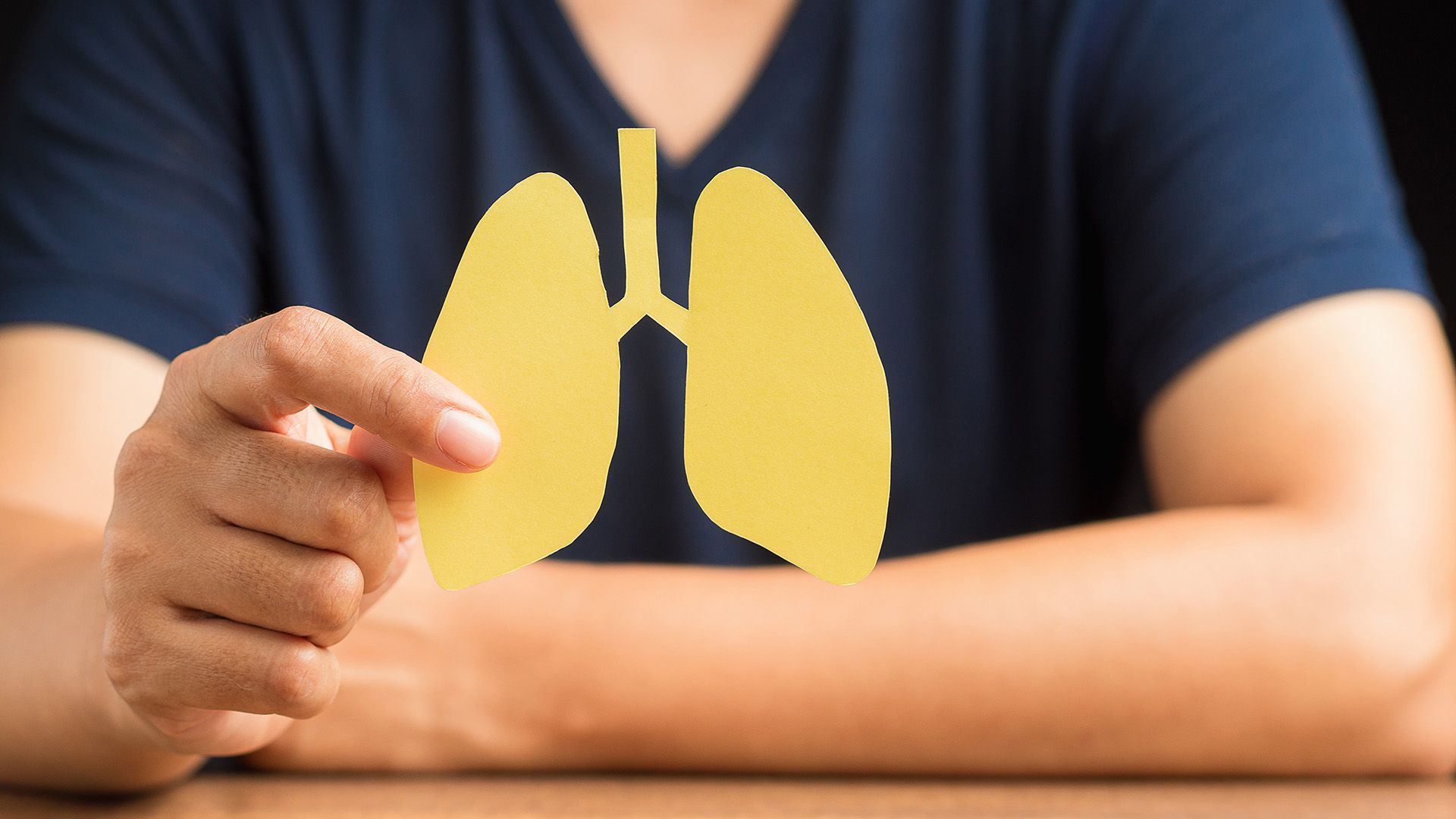Dr Thaning — who trained under Professor Christiaan Barnard — says that Professor Scherman has established minimally invasive heart valve repair centres at Netcare Christiaan Barnard Memorial Hospital, as well as at UCT Private Academic and Groote Schuur hospitals, where he successfully undertakes many heart valve repair and replacement procedures every year.
“Professor Scherman and his team did a superb job with Mrs Oliversen’s surgery. She was an ideal candidate for a heart valve repair rather than a valve replacement. A repair tends to be more durable and we fully expect Mrs Oliversen to be able to resume all her normal activities soon and get back to living a completely normal life,” says Dr Thaning.
Mrs Oliversen said that she had been quite frightened prior to the surgery and keeping in mind the advice given to her by her cardiologist in the Philippines to see her family prior to having the valve repair operation, she travelled to Namibia to visit her family, where she encountered an old friend who had undergone cancer treatment at Netcare Christiaan Barnard Memorial Hospital.
“My friend said that she had fantastic treatment at the facility, so I thought I would look into what cardiac treatments they offer. I first saw cardiologist, Dr Faizel Lorgat at the hospital, who reassured me that there was an outstanding team at the facility doing heart valve repair and replacement procedures. I then did extensive research into both the team and hospital and became convinced that this was the best option for me,” she adds.
“My medical insurer tried to persuade me to have the operation either in Singapore, the UK [United Kingdom] or in Norway, where my husband and I were in the process of relocating, but I told them I had researched it carefully and believed that the best possible treatment for my condition was being offered by the team at Netcare Christiaan Barnard Memorial Hospital. And I can tell you, my husband and I are really grateful that we insisted on being treated there.”
Mrs Oliversen was effusive in her praise for the care she received at Netcare Christiaan Barnard Memorial Hospital. “The doctors and staff at the hospital were so caring; it’s clear that their work is a calling to them rather than a job. Dr Thaning is one of the most compassionate doctors I have ever met. I would recommend the hospital and its doctors to anyone and will have no hesitation in returning to South Africa for treatment should I ever encounter major health problems again,” she concludes.
To find out more about the services offered through Netcare hospitals and other of the Group’s facilities, please contact Netcare’s customer service centre either by email at
customer.service@netcare.co.za
or phone 0860 NETCARE (0860 638 2273). Note that the centre operates Mondays to Fridays from 08:00 to 16:00.














